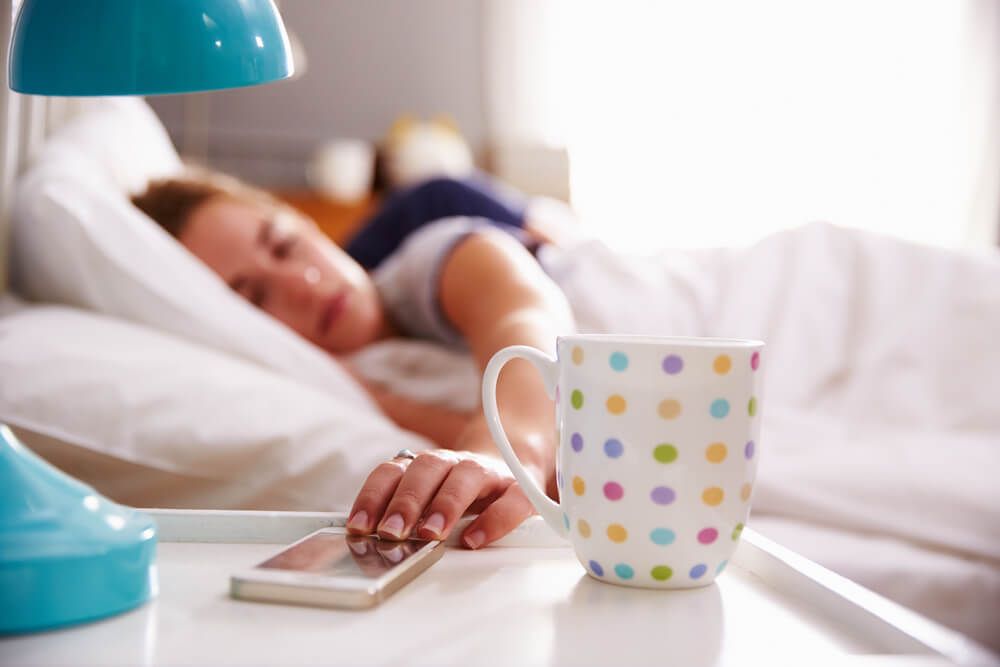Nearly everyone has had trouble falling asleep or staying asleep at one point or another. It is normal for things like anxiety to interrupt sleeping patterns though they usually return to normal once the stress is diffused. But some people suffer from sleep disorders that either prevent them from getting a normal, restful night’s sleep or otherwise cause them to sleep unintentionally.
Did you know…
that sleeping disorders are very common in the U.S.? As many as 50 to 70 million people have sleeping disorders of some kind, such as narcolepsy, insomnia, sleep apnea, and restless leg syndrome. These conditions are very serious and in some cases, potentially fatal. It is important to see a physician about a potential sleep disorder as soon as possible. Though there is no cure for some sleeping disorders, doctors can help manage them and even reverse them.
You may have a sleeping disorder if your sleep patterns interfere with the daily life of yourself or others. A tell-tale sign is frequent fatigue, though this is usually accompanied by additional symptoms like:
- Difficulty falling asleep and/or staying asleep
- Abnormal activity during sleep
- Inability to stay awake despite having had a full night of sleep
- Sleep that is light or fragmented
- Requiring sleeping pills to stimulate sleep
- Irresistible urge to move limbs while lying down, preventing sleep
- Low energy
- Irritability
If you have the symptoms of a possible sleep disorder, see your doctor for a consultation. It may help to keep a sleep diary leading up to your appointment to help you answer questions about your sleep patterns. Be sure to include information about any activity before bed, such as drinking caffeine or alcohol, eating food, exercising, or watching television. Record information about how long and frequently you sleep, how you feel after sleeping, and whether you fall asleep unintentionally. Your doctor may also ask your bed partner if you snore, gasp, choke, stop breathing, or walk in your sleep.
Initially, your doctor may request a sleep study to confirm a diagnosis and observe your habits, brain activity, and vital signs during sleep. Based on the results of your exam, you may be instructed to make lifestyle changes, modify your sleeping position, or even take medications to help induce a normal and restful sleep cycle. If you have sleep apnea, your doctor may prescribe an oral appliance or continuous positive airway pressure mask to be worn during sleep and facilitate healthy breathing.

